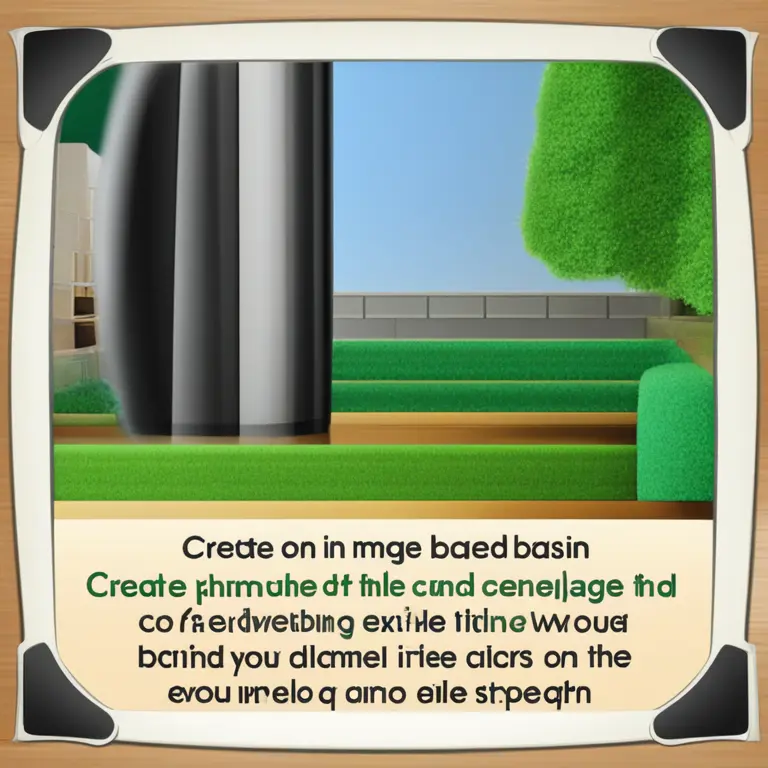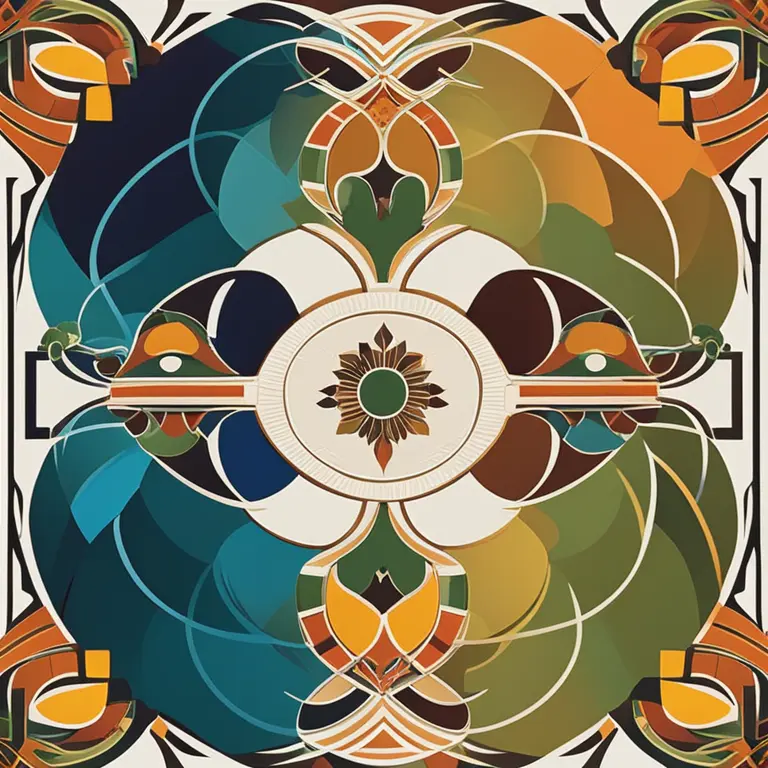
The Dawn of Meditation: Ancient Origins and Modern Adaptations
Trace the origins of meditation, understand its transformation through the ages, and its prevalence in contemporary practice.
article by Hina Kurosawa
The Roots of Meditation
Meditation, often associated with calming the mind and enhancing consciousness, has a provenance that spans several millennia. Its history is deeply embedded within various religious and spiritual traditions, primarily within the eastern hemisphere. The earliest documented evidence of meditation practices dates back to around 1500 BCE in India, within Hindu traditions of Vedantism. Over centuries, meditation evolved, finding a place in Buddhism, where it became a fundamental aspect of the path to enlightenment. While the exact individual who introduced meditation might be lost in the sands of time, we can credit ancient Indian sages and Buddha Gautama for institutionalizing and spreading these techniques.

Buddhism and the Spread of Meditation
Buddha Siddhartha Gautama, upon achieving enlightenment circa 500 BCE, taught meditation as a means to attain inner peace and wisdom. His teachings laid the groundwork for mindfulness and concentration practices that would eventually spread across Asia. The transmission of Buddhist philosophy esteemed meditation as a vehicle for understanding the true nature of reality and for fostering compassion and detachment. The movement of Buddhism along the Silk Road brought these meditation practices to different cultures and regions, adapting to each context yet retaining the core of self-awareness and introspection.

Meditation in Other Cultures
Although meditation is often associated with Buddhism and Hinduism, other early civilizations also developed contemplative practices independently. The Taoist traditions in China, dating back to the 6th century BCE, emphasized meditative techniques to harmonize with the Tao, or the fundamental principle of the universe. Similarly, early Christian mystics practiced forms of meditation through the contemplation of God, as did Sufi Muslims through dhikr, a practice involving the repetition of God's names or phrases. These instances hint at a ubiquitous human longing for connection and understanding, which various cultures addressed through their own versions of meditation.

Modern Meditative Synthesis
In the 20th century, meditation began to diverge from its strictly religious connotations. Pioneers like Maharishi Mahesh Yogi, who introduced Transcendental Meditation in the mid-1950s, popularized the practice in the Western world by distilling it into a non-religious technique for stress reduction and self-development. Later, figures such as Jon Kabat-Zinn would develop secular variants such as Mindfulness-Based Stress Reduction (MBSR), bringing meditation into the realm of healthcare and psychology. This contemporary, secular approach made meditation more accessible to a global audience, eagerly embraced for its tangible benefits in managing modern-life stresses.

The Science and Technology of Meditation
Now, in 2024 and beyond, the intersection of science and meditation has never been more prominent. Scientific studies now validate what ancient practitioners have long espoused: meditation can markedly reduce stress, improve emotional well-being, and even bring about structural changes in the brain. Additionally, with the advancements in technology, meditation has secured a new dimension in the digital age. Apps, virtual reality experiences, and online communities have made meditation techniques readily available, guiding a global audience through a diversity of traditions, from Vipassana to Zen, at the touch of a button.
The Future of Meditation Practice
Meditation's evolution continues as we embrace an interconnected world wherein personalized health and wellness are paramount. Future meditative practices will likely become further integrated with technologies like biofeedback and neurofeedback, enhancing the efficacy of the practice by providing immediate, data-driven insights into one's physiological state. Furthermore, as societal challenges escalate with advancing technologies, meditation is set to play a crucial role in maintaining individual balance and fostering collective empathy, securing its reputation as a timeless and adaptive discipline for the human condition.
Published: 1/24/2024
Modified: 1/24/2024
More predictions
Come back here soon to learn more about yourself and your future


Soothing Sleep-inducing Meditation Techniques
Discover effective sleep-inducing meditation strategies in this enlightening article. Learn to drift into deep, restful slumber with ease.


Meditation Techniques for Stress Relief Explored
Discover effective meditation methods to alleviate stress and foster inner peace in this concise guide for well-being.


The Most Effective Meditation Techniques for Harmony
Discover the potency of various meditation practices tailored for spiritual harmony and self-mastery as we navigate the diverse landscape of mindful tranquility.